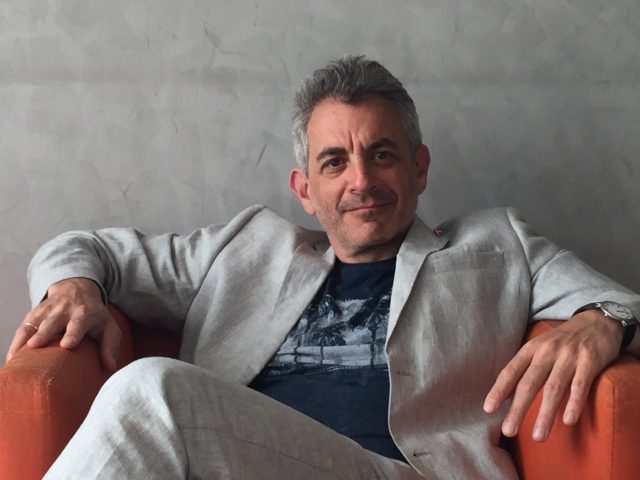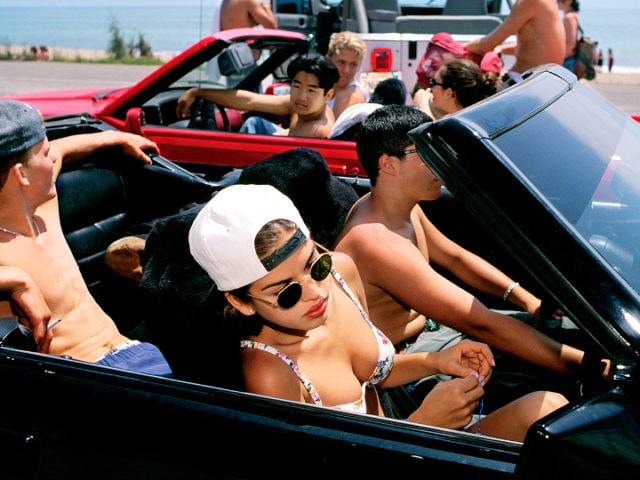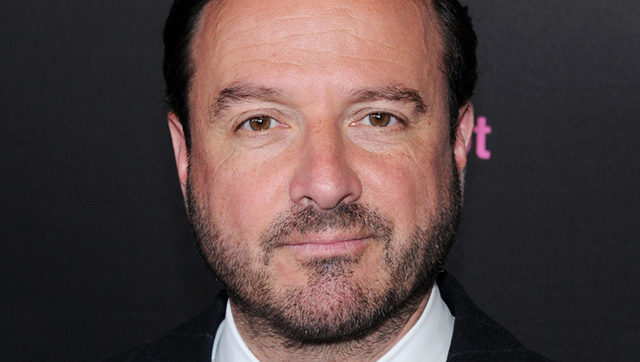The DocHouse vaults. A treasure trove of fascinating masterclasses, thoughtful advice and inspiring ideas.
In 2012, long before the Bertha DocHouse screen itself existed, we invited a group of working practioners to give a series of ‘Craft of Documentary’ masterclasses. Three cinematographers, three editors and three sound experts each gave a masterclass on their careers and experience.
Honest, detailed and practical, we think these nine masterclasses are still a fascinating insight and useful tool for anyone making, or thinking about making documentaries, whatever their discipline. And pretty informative for the doc-loving layman too.
This week we’re focussing on the three ‘Camera’ masterclasses, but look out for upcoming blog posts on the rest of the series.
Joan’s masterclass is packed with insightful filmmaking advice and open and funny anecdotes from her first experiences as a camera person. In this clip she gives her tip on how to find your ‘leading eye’.
One of the most influential and well-known documentary cinematographers, Joan Churchill played an important role in shaping verité filmmaking, and is famous for a subjective camera style that establishes a unique intimacy with those she films.
Churchill has shot over 200 non-fiction films and in 2005 won the IDA award for Outstanding Achievement in Cinematography. Her long-term collaboration with Nick Broomfield began with Juvenile Liaison (1976) and over the following three decades they have worked together on such seminal documentaries as Soldier Girls – which she co-directed, BAFTA-winning Biggie & Tupac (2002), Aileen: Life and Death of a Serial Killer (2003), and Sarah Palin: You Betcha! (2011) – with her both filming and co-directing the latter two titles.
Other directors Joan has worked with include the Maysles brothers (Gimme Shelter, 1970), Peter Watkins (Punishment Park, 1971), Barbara Kopple (Bearing Witness, 2005) and in 2011 she shot Rory Kennedy’s Oscar-nominated Last Days in Vietnam.
2019’s Bedlam was filmed in America’s busiest psychiatric emergency rooms, in jails where psychiatric patients are warehoused, and in the homes of mentally ill members of the community, where silence and shame often compound personal suffering.
Here’s the link to watch Joan’s masterclass here.
Roger Chapman
Roger talks about improvising lighting on location, the degree of guidance participants need and his work with different directors. In this clip he explains his choice of lens for detail and creating intimacy with the subject, despite a huge camera set up.
Roger Chapman is one of the UK’s leading documentary cinematographers, widely recognised for his strength as a classic observational cameraman, but also for his versatility in working across genre, including commercials and television dramas.
He has worked on more than forty documentaries mostly for the BBC and Channel 4 and has received numerous awards including the RTS Documentary Cameraman Award for The Last Peasants (2003) and a Cameraman’s Guild Award for Geldof in Africa (2005).
Directors he has worked with include Angus MacQueen on the multi-award-winning Hostage in the Jungle (2010), Brian Hill (Climate of Change, 2010, The Confessions of Thomas Quick, 2015), Ken Loach (The Flickering Flame, 1998) and Leslie Woodhead (How the Beatles Rocked the Kremlin, 2009). Roger has also worked with Kevin Macdonald on commercials and in 2010 he shot Turner Prize-winning artist Gillian Wearing’s first feature film, Self Made.
Roger has worked again with Leslie Woodhead on his latest film, Ella Fitzgerald: Just One of Those Things, which traces the singer’s journey over five decades, finding the ambition and courage that drove her.
Here’s the link to watch Roger’s masterclass here.
From the very opening of Molly’s masterclass, in this clip she explains how her own informal and intimate style of self-shooting developed as a product of her background in two very different schools of documentary making: her formal training as a camera assistant in a 5-person crew, and her time at the National Film School learning about observational filmmaking under Herb Di Gioia.
Famous for her films of British institutions under threat, acclaimed filmmaker Molly Dineen is one of the pioneering Director/Camera students to graduate from the National Film School.
She has directed, shot and produced her own work for over 20 years and has developed a unique style – ‘a firm but tender voice behind the camera lens – allowing her subjects to unveil themselves’.
In 2003 Molly was awarded The Grierson Memorial Trust Award for outstanding contribution to the art of documentary. She first won the Flaherty Documentary Award for Home from the Hill (1987) followed by an RTS Award for The Heart of the Angel (1989), a BAFTA for her first TV series
From the very opening of Molly’s masterclass, in this clip she explains how her own informal and intimate style of self-shooting developed as a product of her background in two very different schools of documentary making: her formal training as a camera assistant in a 5-person crew, and her time at the National Film School learning about observational filmmaking under Herb Di Gioia.
About Molly Dineen
Famous for her films of British institutions under threat, acclaimed filmmaker Molly Dineen is one of the pioneering Director/Camera students to graduate from the National Film School.
She has directed, shot and produced her own work for over 20 years and has developed a unique style – ‘a firm but tender voice behind the camera lens – allowing her subjects to unveil themselves’.
In 2003 Molly was awarded The Grierson Memorial Trust Award for outstanding contribution to the art of documentary. She first won the Flaherty Documentary Award for Home from the Hill (1987) followed by an RTS Award for The Heart of the Angel (1989), a BAFTA for her first TV series The Ark (1993), and both a BAFTA and a Grierson for The Lie of the Land in 2007.
She made the controversial film Geri (1999) and among her other films documenting British institutions at risk of change or extinction are The Lords Tale (2002) and In the Company of Men (1995).
Molly’s most recent film, Being Blacker (2018), is an intimate portrait of Jamaican-born reggae producer and community pillar, Blacker Dread. As the film unfolds, Blacker reflects on the issues that have dogged his last 40 years here in the UK, offering a rarely-hear perspective on life in Britain today.
Watch Molly’s masterclass here.


